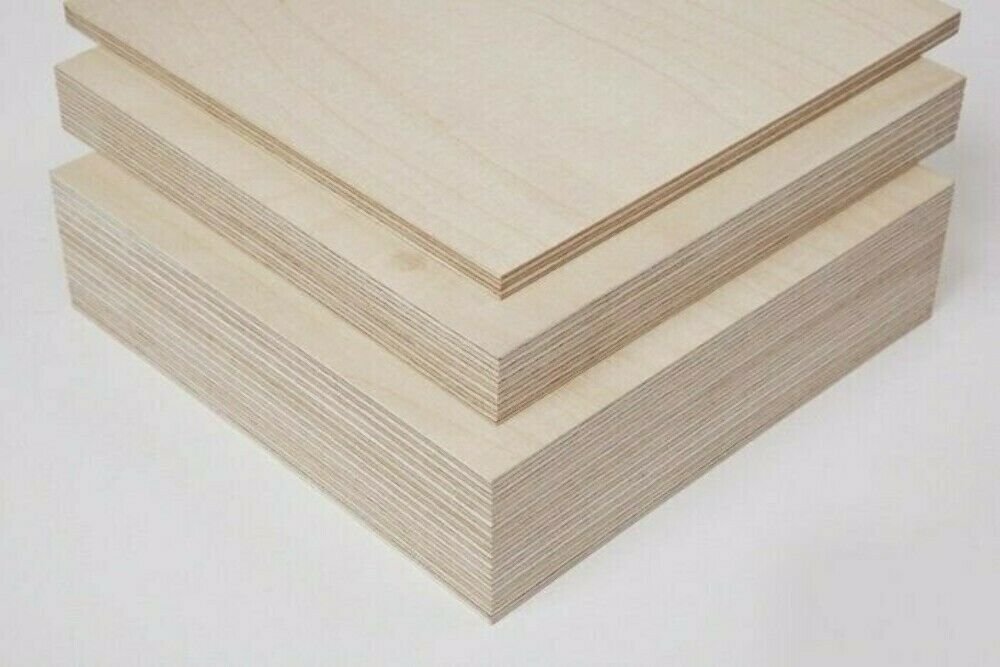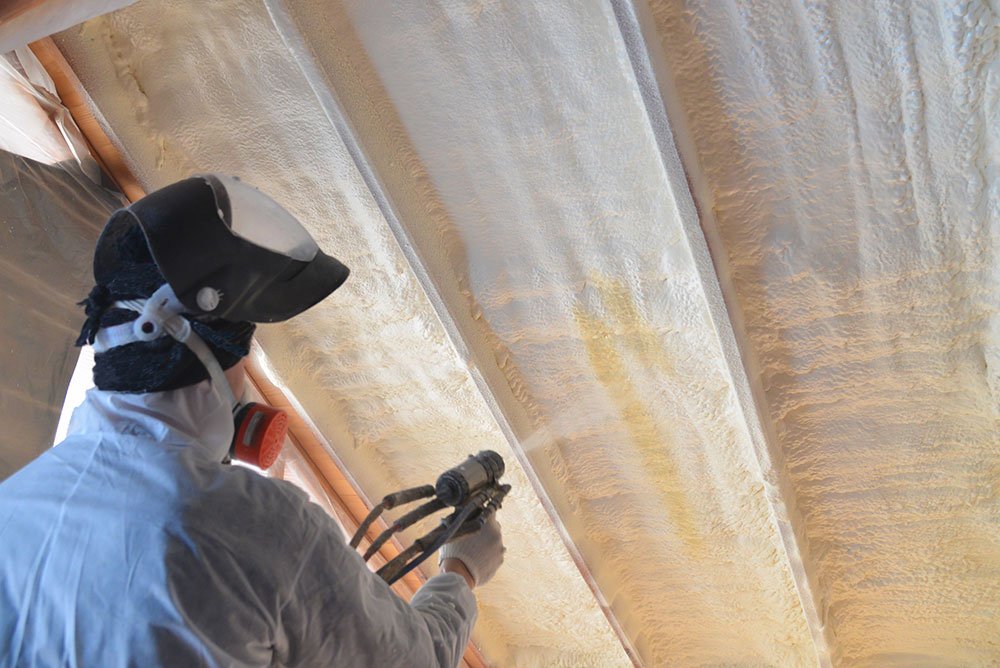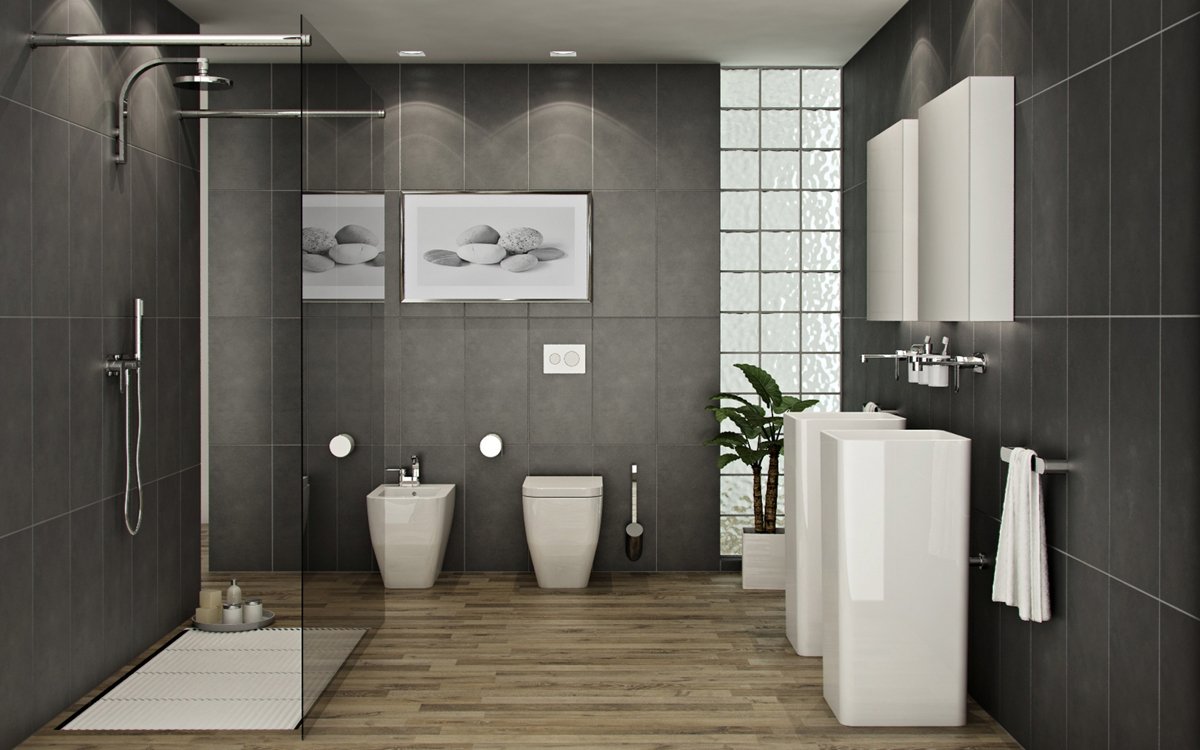Birch plywood has been a popular choice in the construction industry for years due to its durability, strength, and versatility. This type of plywood is made from thin layers of birch wood that have been glued together with their grains running perpendicular to each other. Birch plywood is known for its strength and flexibility, making it an ideal material for various applications.
In this article, we will explore the strengths and benefits of birch plywood in construction. We will discuss why it is a preferred material among builders and architects, as well as examine some of the ways it can be used in different projects.
Strengths Of Birch Plywood:
Resistance
Birch plywood is known for its exceptional resistance to wear and tear. This high-quality wood is commonly used in the manufacturing of furniture, flooring, and cabinetry due to its ability to withstand heavy use without showing signs of damage. Birch plywood’s resistance also extends to moisture, making it ideal for outdoor projects such as decks or sheds.
Stability
In addition to its resistance, birch plywood is also highly stable. Unlike other types of wood that may warp or shrink over time, birch plywood maintains its shape and size. This stability makes it an excellent choice for construction projects where precision is critical.
Durability
Finally, birch plywood’s durability ensures that it will last for many years with minimal maintenance. It can withstand extreme temperatures and resist scratches and dents better than other types of wood. Thanks to these strengths, birch plywood remains one of the most popular materials used in construction today.
Benefits of Using Birch Plywood:
Cost-Effective
One of the primaries benefits of using birch plywood in construction is its cost-effectiveness. Birch plywood is an affordable option compared to other hardwoods, making it a popular choice for those on a budget. Despite its affordability, birch plywood still boasts impressive strength and durability, making it suitable for a range of applications.
Sustainability
In addition to being cost-effective, birch plywood is also sustainable. Birch trees grow quickly and are abundant in many regions of the world, meaning that they can be harvested without causing harm to the environment or depleting natural resources. Furthermore, many manufacturers use eco-friendly methods to produce birch plywood, such as using low-VOC adhesives.
Versatility
Finally, birch plywood is highly versatile and can be used in various construction projects. Its strength and durability make it ideal for furniture-making, cabinetry, flooring and walls. The smooth surface of the wood also makes it easy to paint or stain according to your preferences. Overall, birch plywood offers numerous benefits that make it an excellent choice for builders looking for an affordable yet high-quality material that will last for years to come.
Applications Of Birch Plywood In Construction:
Birch plywood is an excellent material for flooring, as it is durable, moisture-resistant, and able to withstand heavy foot traffic. It also provides a stable surface for tile or other coverings. In roofing, birch plywood can be used as sheathing or underlayment due to its strength and resistance to warping. It can even be left exposed in modern designs.
Walls made of birch plywood offer both aesthetic and functional benefits. The wood grain creates a warm and natural look while also providing sound insulation. Birch plywood can also be used in furniture construction due to its stability, ability to hold screws without splitting, and smooth finish when sanded and finished properly. Other applications include cabinetry, paneling, doors, and moldings.
Comparison with Other Building Materials:
Birch plywood is a popular choice in construction due to its strength and durability.
Compared To Solid Wood
Compared to solid wood, birch plywood has a higher resistance to warping and cracking, making it ideal for use in furniture and flooring. It also has a more consistent grain pattern, which means it can be stained or painted without any inconsistencies.
MDF Boards
In comparison to MDF boards, birch plywood is much stronger and less prone to chipping or breaking. MDF boards are made of compressed wood fibers that are held together with glue, which makes them susceptible to moisture damage and bending. Birch plywood, on the other hand, is made from layers of thin veneers that are glued together with alternating grains. This gives it added strength and stability.
Overall, birch plywood offers several advantages over solid wood and MDF boards in terms of strength and durability. Its consistent grain pattern also makes it an attractive option for use in furniture-making or decorative paneling applications
Conclusion:
In conclusion, it is clear that birch plywood is a reliable choice for construction. Its strength and durability make it an excellent material for use in a range of applications, from flooring to cabinetry and furniture. Birch plywood’s unique properties also make it an ideal choice for use in humid or damp environments.
One of the primary benefits of birch plywood is its high strength-to-weight ratio, which makes it easy to work with while still providing exceptional stability and support. Additionally, its ability to resist warping and shrinking over time makes it an excellent long-term investment for any construction project.
Overall, if you’re looking for a versatile and reliable building material that can stand up to even the toughest conditions, then birch plywood should definitely be at the top of your list. With its numerous strengths and benefits, there’s no doubt that this durable wood product will continue to be used in construction projects around the world for many years to come.
Also Read: How Much Does A Drywall Repair Cost




